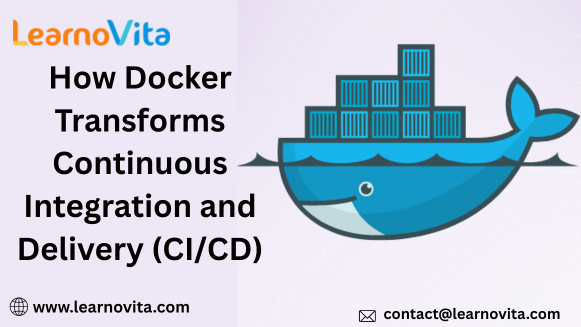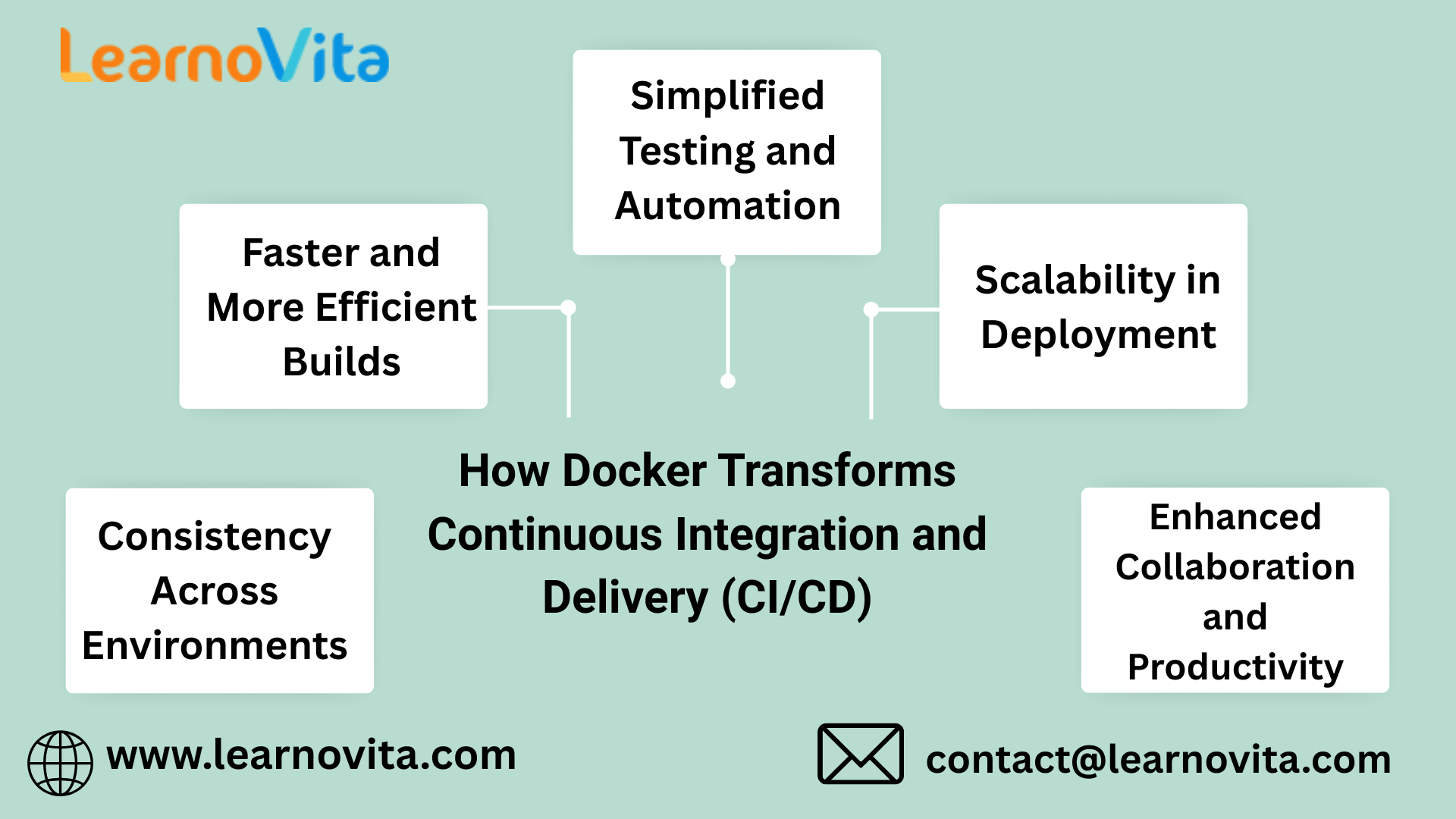Streamlining Continuous Integration and Delivery Using Docker

Modern software teams rely heavily on Continuous Integration and Delivery (CI/CD) to ship updates quickly and maintain high-quality standards. As pipelines grow more complex and applications become more distributed, the need for consistent and reliable environments becomes critical. Docker Course in Bangalore has emerged as a key enabler in this space, offering containerization capabilities that streamline development, testing, and deployment across the entire CI/CD lifecycle.
1. Achieving True Environment Consistency
One of the biggest hurdles in traditional workflows is the inconsistency between development, testing, and production environments. Docker eliminates this challenge by packaging applications with all their required components into containers. These containers function identically no matter where they run, ensuring predictable behavior across every stage of the pipeline. This consistency reduces errors, minimizes troubleshooting, and accelerates releases.
2. Boosting Build Speed and Integration Efficiency
Docker’s layered architecture is a major advantage for CI pipelines. Build systems can reuse existing layers, meaning only updated pieces of the image need to be rebuilt. This significantly cuts down build times and enables teams to integrate code more frequently. With containers launching almost instantly, developers receive rapid feedback, which supports faster iterations and shorter development cycles.
3. Strengthening Automated Testing
A dependable CI/CD process relies heavily on automated testing. Docker Online Course makes this seamless by providing clean, isolated environments for running tests. Teams can execute everything from unit tests to end-to-end scenarios without worrying about conflicting configurations. Using tools like Docker Compose, developers can spin up multi-service environments that closely resemble production, resulting in more accurate testing and fewer surprises later.

4. Streamlined, Scalable Deployment
Docker also excels when it’s time to deliver and deploy applications. Its portability ensures that a container built in development can run anywhere on cloud platforms, servers, or hybrid environments without modification. When paired with orchestration systems such as Kubernetes or Docker Swarm, Docker supports effortless scaling, rollouts, and rollback strategies. This makes it ideal for teams adopting microservices or managing high-demand applications.
5. Improving Collaboration Across Teams
Docker’s standardized approach fosters better communication and alignment among developers, testers, and operations teams. By sharing Dockerfiles or ready-to-use images, teams avoid repetitive setup work and reduce misunderstandings. This shared container-based workflow reinforces DevOps practices and creates a more efficient, unified pipeline.
Conclusion
Docker has fundamentally reshaped how CI/CD pipelines operate. By offering consistent environments, accelerating build and test cycles, and simplifying deployment, it empowers teams to deliver updates faster and more reliably. As DevOps adoption continues to grow, Docker remains a cornerstone technology that enables predictable, scalable, and efficient software delivery.
- Questions and Answers
- Opinion
- Motivational and Inspiring Story
- Technology
- Live and Let live
- Focus
- Geopolitics
- Military-Arms/Equipment
- Segurança
- Economy
- Beasts of Nations
- Machine Tools-The “Mother Industry”
- Art
- Causes
- Crafts
- Dance
- Drinks
- Film/Movie
- Fitness
- Food
- Jogos
- Gardening
- Health
- Início
- Literature
- Music
- Networking
- Outro
- Party
- Religion
- Shopping
- Sports
- Theater
- Health and Wellness
- News
- Culture

